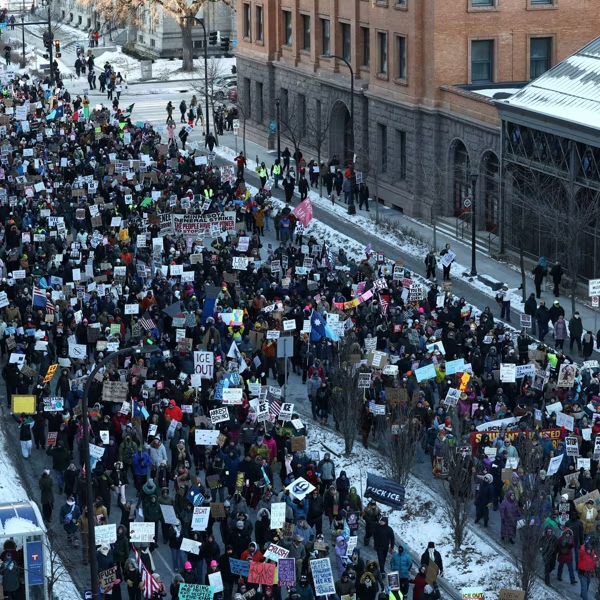The rallies in Chicago and around the country evoke passion and sympathy from most of us, but just a shrug of the shoulders from those ultimately responsible for the carnage on our streets. These are the leaders of finance who use our infrastructure, technology, security, law, location, and especially our people to make billions in profits while paying almost nothing in return.
Especially the securities traders. An impoverished mother pays up to 10% in sales tax when she buys shoes for her kids, but the customers of companies with a quadrillion dollars in sales pay ZERO SALES TAX. Quadrillion sounds like gazillion, but it's a real number -- a thousand trillion, about four times the value of all the world's wealth.
The protesting mothers are angry at the people who are killing their children. Much of that anger should be directed at the financial districts of New York and Chicago.
The Shame of Chicago
With a quadrillion dollars in sales and the collection of transfer fees, contract fees, brokerage fees, Globex fees, clearing fees, and surcharges, the Chicago Mercantile Exchange achieved a profit margin (54%) higher than any of the top 100 companies in the nation from 2008 to 2010, and in recent years it's risen to nearly 60%.
Despite being the most profitable big firm, CME complained that its taxes were too high, and they demanded and received an $85 million tax break from the State of Illinois.
Meanwhile, Illinois Governor Bruce Rauner has cut funding for funerals, AIDS programs, "Meals on Wheels" for seniors, and programs for at-risk youth.
The Farce in New York
The good news is that New York has a financial transaction tax. The bad news is that as soon as the tax is paid, it's given back. That can only happen in the "strange world of taxes," according to the New York Times, which also admits that the financial transaction tax "is an idea whose time has finally come."
The absurdity of it all bears repeating. The state of New York is returning tax money to the industry with a corporate profit margin matched only by the price-gouging pharmaceutical industry. On top of all this, Wall Street traders gave themselves $25 billion in bonuses last year, while teachers at New York universities may have to go on strike to gain a fair contract.
Gibberish: Laughable Arguments Against a Financial Speculation Tax
Perhaps the Chicago Mercantile Exchange and the Chicago Sun-Times take their customers for fools. Both claim that a financial transaction tax would reduce tax revenues. CME said, "Transaction taxes on futures and options would be bad for business, resulting in....declines in state and local tax revenues." According to the Sun-Times, "A large financial transaction tax almost certainly would backfire....draining rather than growing Chicago's tax base."
In its usual unintelligible role is the Wall Street Journal, which claims that "A tax on securities trades would...create large economic and societal distortions." Perhaps the Journal has failed to notice the last 35 years of society-distorting inequality.
Solid Arguments FOR a Financial Speculation Tax
- Revenue: An FTT has the potential, based on various reliable estimates, to generate from $300 billion to $400 billion in revenue every year.
- Precedent: Robert Reich notes that the U.K., a "financial powerhouse," has had a tax on stock trades for decades. Three of the top four countries on the Heritage Foundation's Index of Economic Freedom are Singapore, Hong Kong, and Switzerland, all of whom have financial transaction taxes. In late 2015 ten European countries (Germany, France, Italy, Austria, Belgium, Greece, Portugal, Slovakia, Slovenia and Spain) agreed on aspects of a tax that could make it a reality within a year.
- Fairness: Securities traders pay no sales tax, and their SEC fee amounts to just $22 on every million dollar purchase. That's two cents on every thousand dollars. And that goes to the financial people, not to the public.
Reflecting on the Meaning of It All
For over 100 years the Chicago Mercantile Exchange has used the city's invaluable resources to make billions in profits. The company should be helping to rebuild Chicago's impoverished neighborhoods with job stipends for infrastructure repair. It should be providing small business grants to local entrepreneurs. It should assist in the establishment of affordable housing. It should be funding teacher education, to encourage college graduates in the inner city to remain as teachers in their communities. This isn't philanthropy. It's simply fair payment for an unparalleled wealth of subsidies from the American people.



